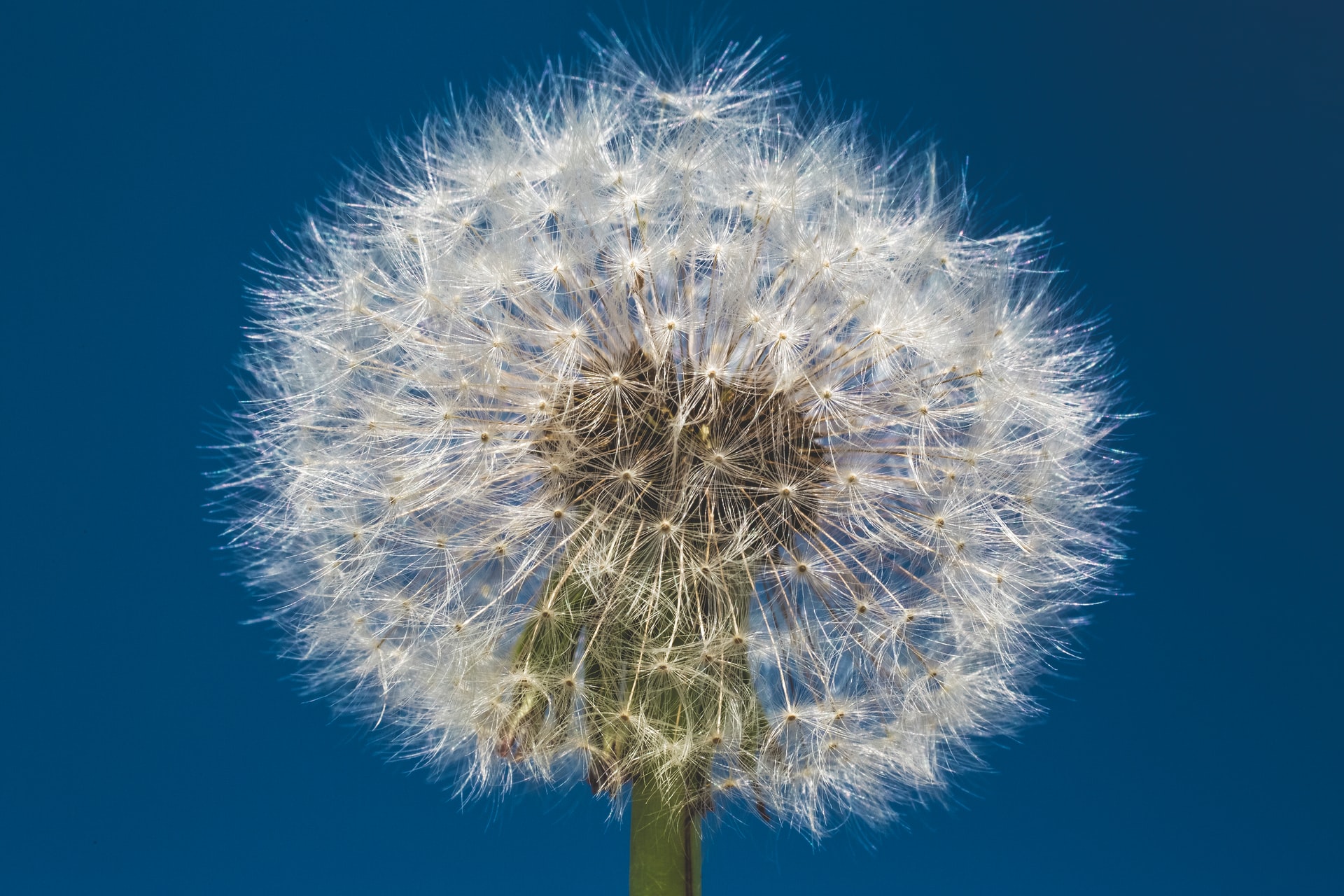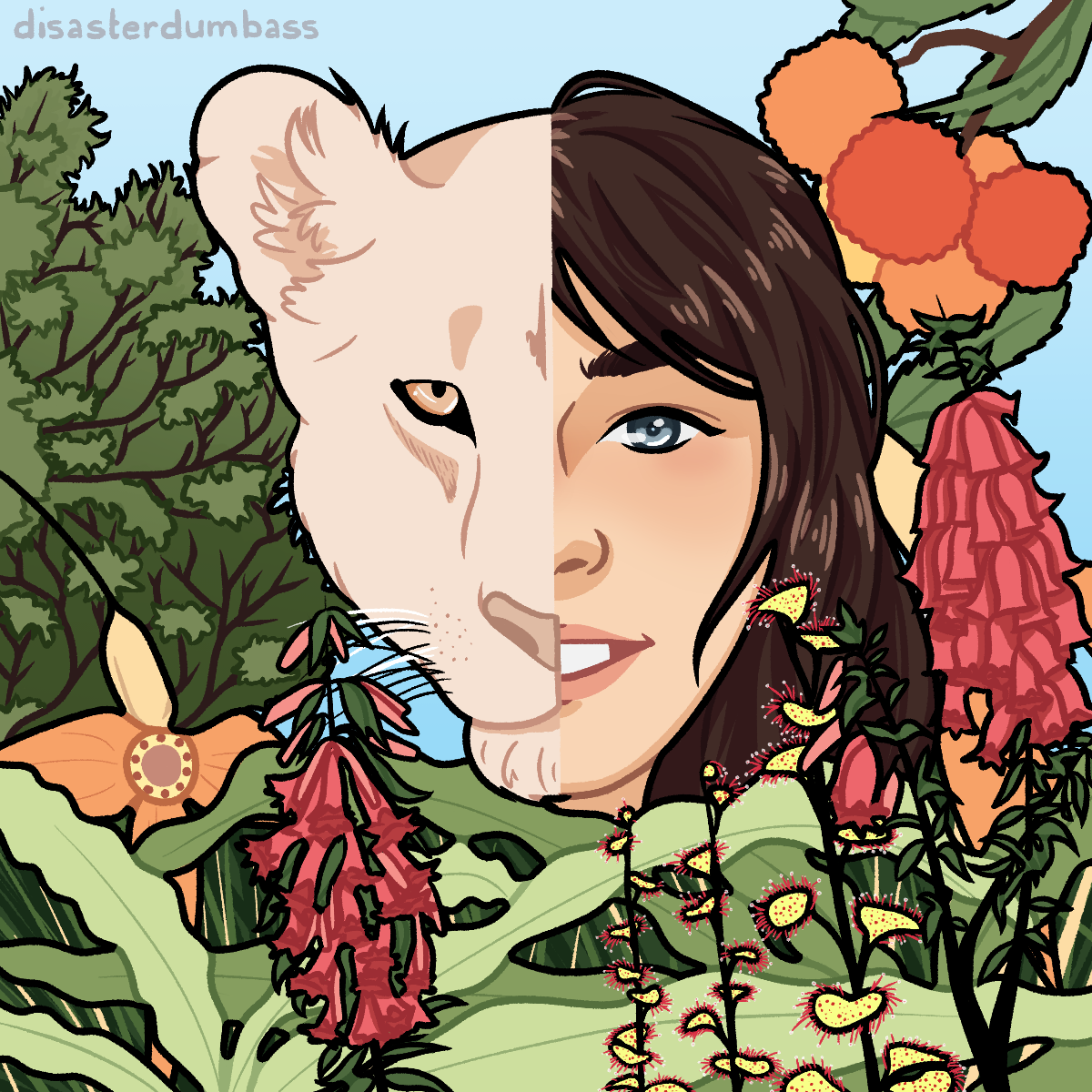
Herbalist: a person that harvests, processes, and/or, deals with herbs and mushrooms of supposed medical uses.
Definition found in Tregtet's law banning herbalists
Some kids are born healthy and happy. Others seem to be able to catch every sickness under the sky. The dwarven family Dervik was unlucky enough to have sickly children. Unable to keep up with the costs of recharging their daffodil amulets on a regular basis, the Derviks sought a herbalist.
He was not easy to find, but eventually, they found a human who said he could help them. But he did not, both of the Dervik's kids died the day after taking the "cure" that the herbalist had prepared. Outrage soon spread to the community and even reached the capital of the state, Avalora.
Over the following months, the Avalora council worked to create a law that outlawed the practice of herbalism. The law stated that herbalism was an inferior form of knowledge, which used untested herbal mixtures and potentially dangerous mushrooms, to unclear ends. The law stated that often, there was no clear knowledge of what effect plants had. Moreover, the interactions of these herbs produced unknown and potentially deadly effects.
Herbalists were banned only a few of years before the first cases of plague were known in Tiel. With the spread of the plague, and the ineffectiveness of the daffodil amulets, people started looking anywhere for remedies. From concoctions that caused cheerful skin to supposed remedies like bathing oneself in water that has had a carrot soaking for a full day.
Due to the lack of law enforcement after a few years of the plague, herbalists saw a resurgence during the plague. However, most are nothing but people trying to make ends meet, even if that means deceiving a bunch of people. Some herbalists, however, have started practising again, and their services are in demand.
After the Daffodil amulets created by Drorsk Fineward started becoming more and more common, magical healing slowly took over other forms of healing.
While knowledge of the setting of bones and delivery of babies was still essential, as the amulet could not fulfil those functions, knowledge of healing herbs was not seen as essential. There was no need for herbs that supposedly "speed up healing" or that would "cure an upset stomach".
Over time, herbalists became an oddity, a curiosity, and sometimes, a joke, for most of the population.
But recharging the amulets besides the yearly allotment still costs money, so for those with little money and sickly family members, herbalists are their only choice, as no one seems to remember how to cure diseases besides "using their amulet".
This world uses trademarks and/or copyrights owned by Paizo Inc., used under Paizo's Community Use Policy. We are expressly prohibited from charging you to use or access this content. This world is not published, endorsed, or specifically approved by Paizo. For more information about Paizo Inc. and Paizo products, visit paizo.com. However, this world is independent of Paizo's world (Golarion) and most content that you will read here has been created and written by myself.
Cover image:
by
MarkuSpiske
Comments
Author's Notes
The original version of this article was created as an entry for World Anvil's flagship Summer Camp 2020 event, specifically for prompt #21:
"Describe a profession in your world that has always been, or recently became, illegal."
You can view my other entries from the competition here.
All images are sourced from pixabay, pexels, or unsplash unless credited otherwise.
Please Login in order to comment!





Whoops... kinda need these people... I wonder if they were able to find recordings and journals about healing or if they need to start over from the beginning again with collecting knowledge?
That is something that only time will tell (if my players ever go into that area)